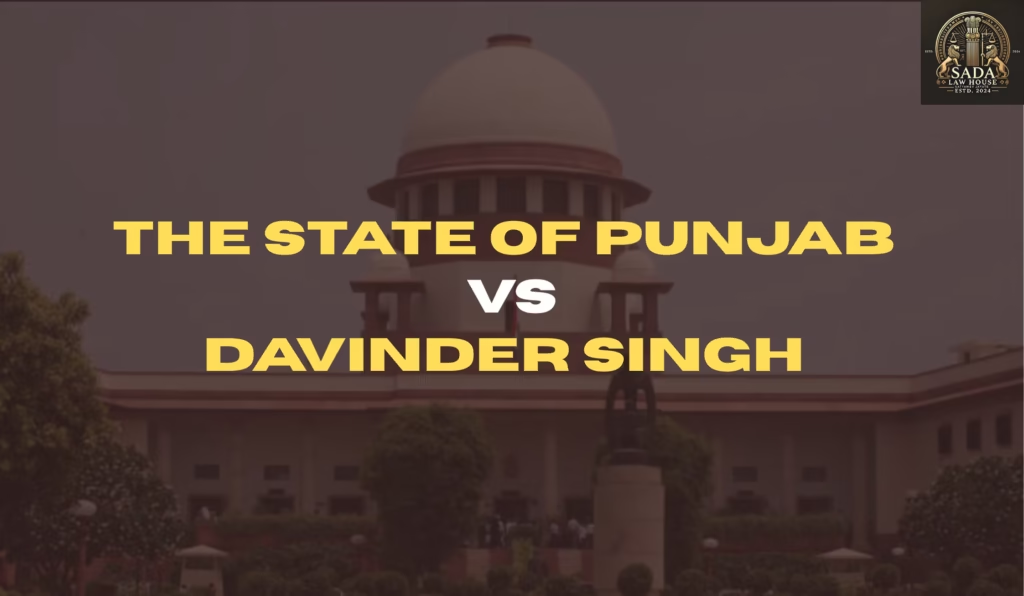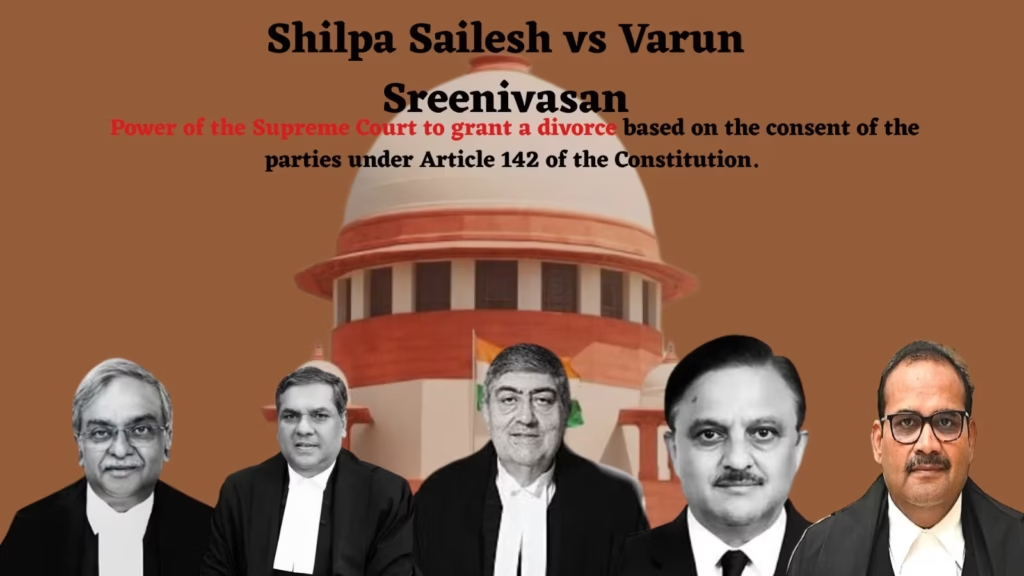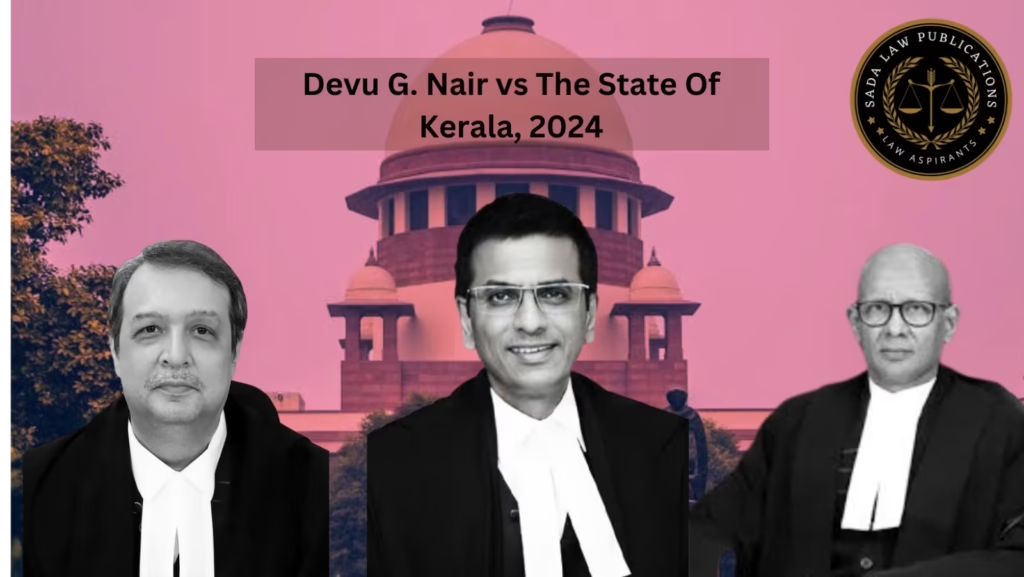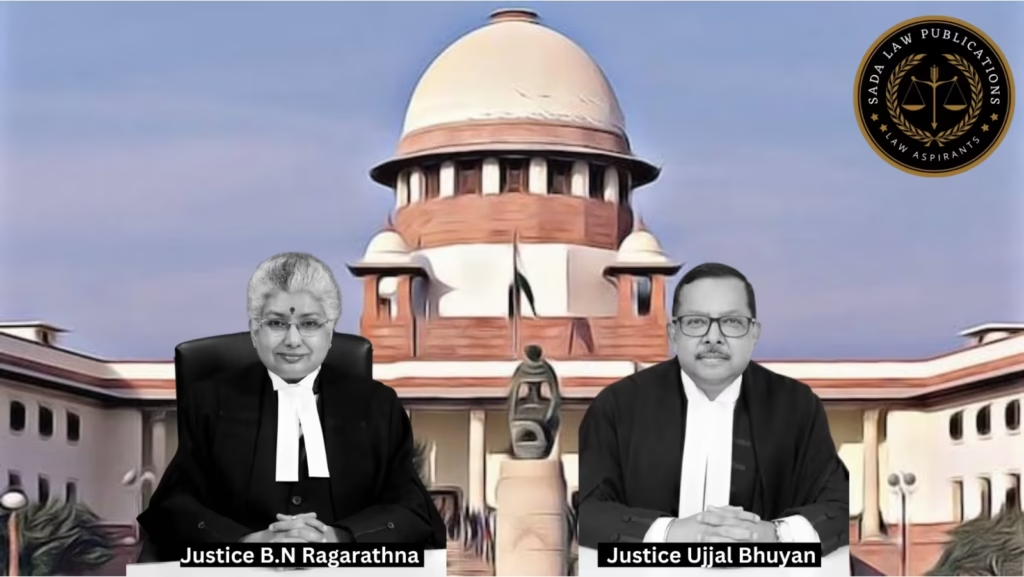Supreme Court’s Landmark Judgment: States’ Power to Sub-Classify Scheduled Castes for Reservations
Trending Today Supreme Court’s Landmark Judgment: States’ Power to Sub-Classify Scheduled Castes for Reservations Pakistan’s War Readiness in Crisis: Artillery Shortage Limits Combat Capability to Four Days Supreme Court’s Power to Grant Divorce Under Article 142: Shilpa Sailesh v. Varun Sreenivasan Judgment AIMPLB Challenges WAQF Amendment Act 2025: Supreme Court Affidavit Highlights Risks of De-registration Supreme Court: Bribery Conviction Under PC Act Requires Proof of Demand Beyond Recovery of Tainted Notes Supreme Court Clarifies Modification Powers Under Arbitration Act in Landmark Ruling Supreme Court to Review Vijay Madanlal Choudhary Ruling on PMLA: Hearing Scheduled for May 7 Supreme Court Upholds LGBTQ+ Autonomy in Habeas Corpus Case: Guidelines Issued to High Courts Supreme Court Overturns Remission in Bilkis Bano Case: 2002 Gujarat Riots Convicts Ordered Back to Jail Supreme Court Grants Chhattisgarh State Option to Seek Case Transfer Amid Heated Liquor Scam Hearing Supreme Court’s Landmark Judgment: States’ Power to Sub-Classify Scheduled Castes for Reservations NITU KUMARI 06 May 2025 Explore the Supreme Court’s 2024 landmark judgment on the subclassification of Scheduled Castes for reservation. Learn about its implications for equality, federalism, and affirmative action policies. Introduction The Hon’ble Supreme Court of India recently upheld the constitutionality of subclassifying Scheduled Castes (SCs) to provide reservations. This landmark decision in the case of State of Punjab v. Davinder Singh, delivered on August 1, 2024, addressed two critical constitutional questions: Does subclassification of SCs violate Part III’s equality code? Can state legislatures subclassify SCs under the provisions of Article 341? Through empirical evidence, the Court demonstrated the diversity within SCs and affirmed that such subclassification does not conflict with Articles 14, 15, and 16. Furthermore, it clarified the State’s authority to subclassify SCs, creating new grounds for federal discourse. Facts of the Case The appellants, representing the State of Punjab, proposed policies for subclassifying SCs to ensure equitable distribution of reservation benefits. They argued that within the broader SC category, some communities had been historically marginalized. The respondents contended that subclassification violated constitutional rights under Article 341, which designates the President (and by extension, the Union) as the sole authority to define SCs. Issues of the Case Key Questions: Can SCs be subclassified for reservation purposes under the Indian Constitution? Do states have the power under Articles 15 and 16 to subclassify SCs? Arguments Appellants’ Arguments: Subclassification addresses disparities within SCs, adhering to Article 14’s equality principles. Past judgments, including Indra Sawhney v. Union of India, permit subclassification within backward classes, including SCs. Article 341 does not prohibit subclassification as long as the Presidential List remains unaltered. Respondents’ Arguments: Subclassification contravenes Article 341’s framework. The precedent set by E.V. Chinnaiah v. State of Andhra Pradesh prohibits subclassification. Uniform treatment of SCs is essential to maintain the integrity of affirmative action policies. Judgment Ratio Decidendi The Court validated subclassification, emphasizing the social diversity among SCs and the necessity of equitable benefit distribution. Obiter Dicta The Court cautioned against politically motivated policies, advocating for empirical evidence as the basis for subclassification. Guidelines: Subclassification must rely on measurable and verifiable data. Policies should align with the objectives of Articles 15(4) and 16(4). No group within SCs should be entirely excluded from reservation benefits. Conclusion This judgment marks a paradigm shift in India’s affirmative action jurisprudence. By recognizing the need for equitable representation within SCs, the Court paved the way for more inclusive policymaking. However, it also underscored the importance of data-driven decisions to ensure fairness and constitutional compliance. Leave a Reply Cancel Reply Logged in as Sada Law. Edit your profile. Log out? Required fields are marked * Message* Live Cases Pakistan’s War Readiness in Crisis: Artillery Shortage Limits Combat Capability to Four Days Pakistan’s War Readiness in Crisis: Artillery Shortage Limits Combat Capability to Four Days Sada Law • May 6, 2025 • Live cases • No Comments AIMPLB Challenges WAQF Amendment Act 2025: Supreme Court Affidavit Highlights Risks of De-registration AIMPLB Challenges WAQF Amendment Act 2025: Supreme Court Affidavit Highlights Risks of De-registration Sada Law • May 4, 2025 • Live cases • No Comments Supreme Court: Bribery Conviction Under PC Act Requires Proof of Demand Beyond Recovery of Tainted Notes Supreme Court: Bribery Conviction Under PC Act Requires Proof of Demand Beyond Recovery of Tainted Notes Sada Law • May 4, 2025 • Live cases • No Comments 1 2 3 … 5 Next »










